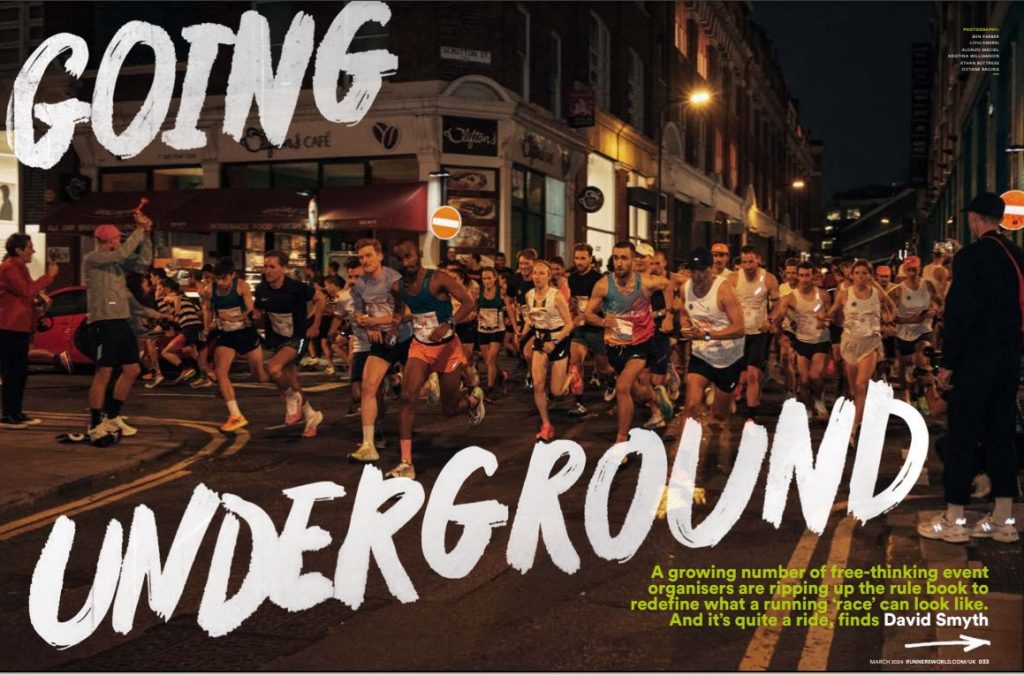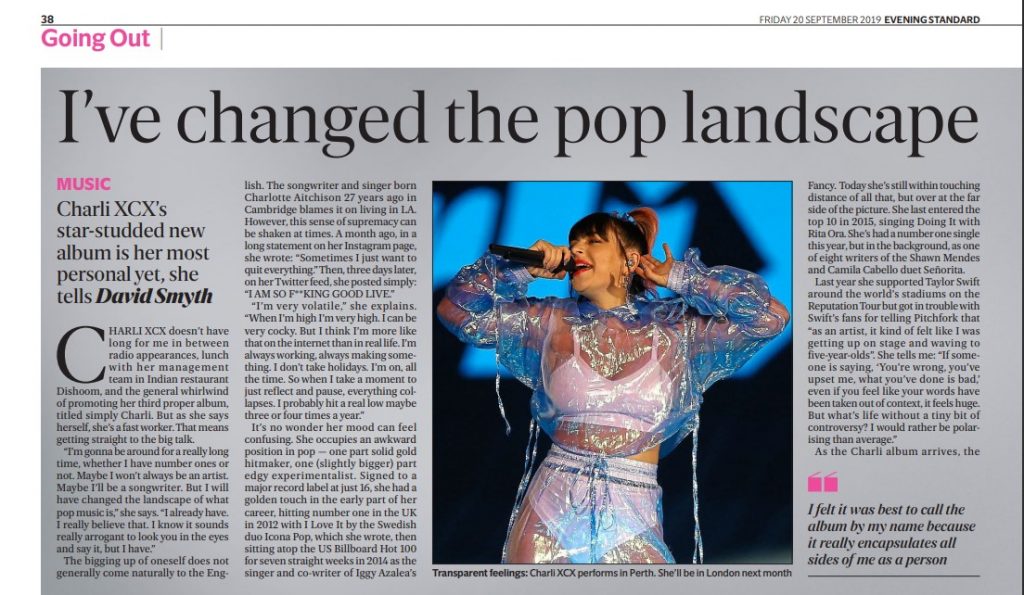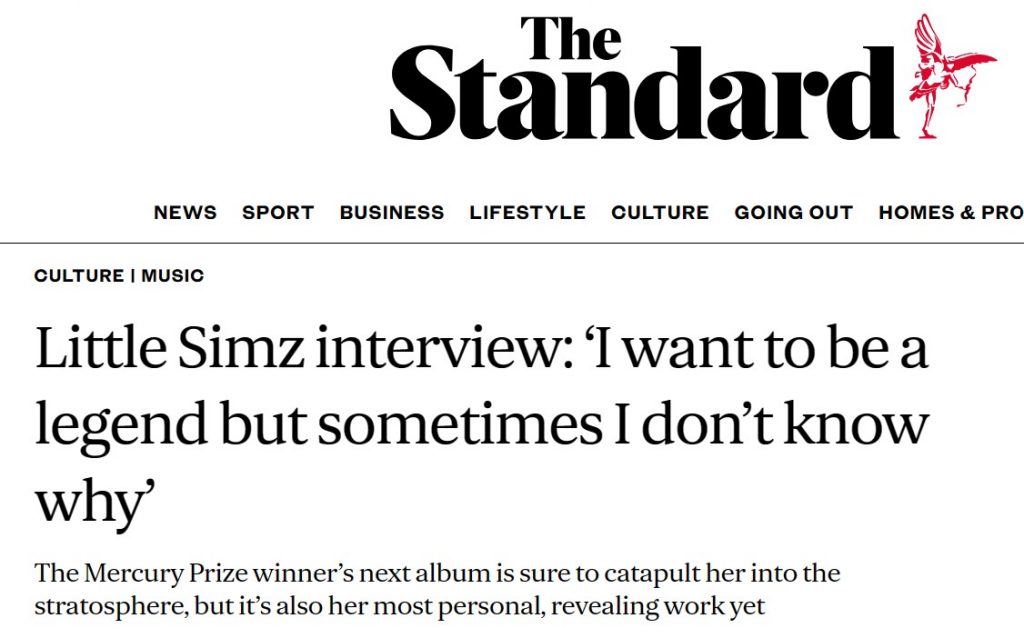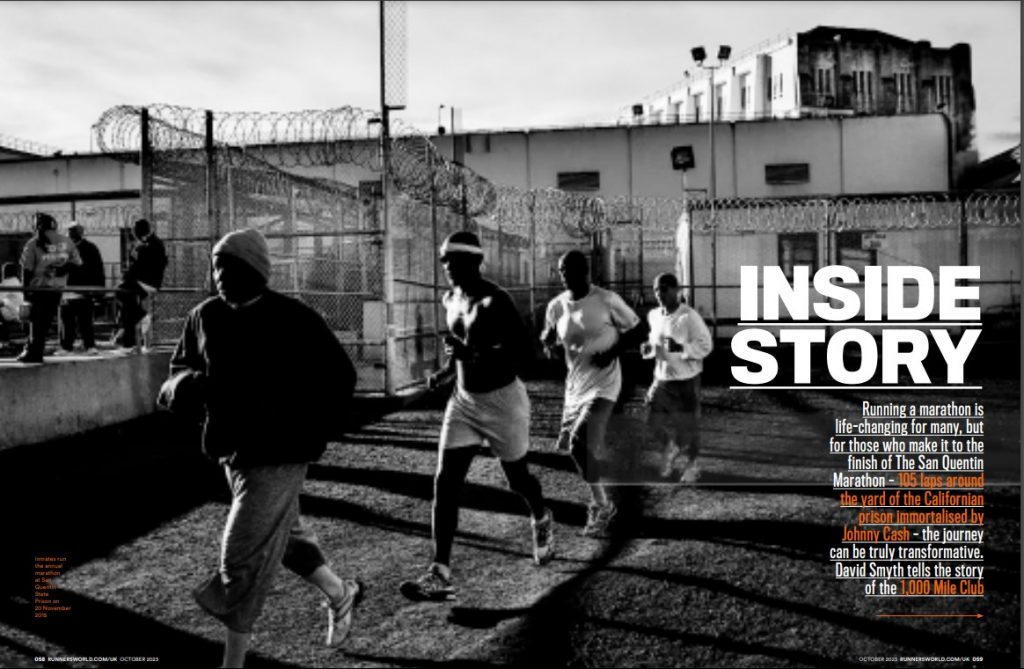There’s no denying that the Bluesfest coming to the Albert Hall this month can be called a fest, but whether it truly has the blues is open to debate. With headliners including those grizzled hollerers Level 42 and Howlin’ Sheryl Crow, Californian jazz sensation Gregory Porter starts to look like the most authentic musician of them all.
To Porter, 42, “good music is good music”. Though his mighty voice is generally accompanied by piano and saxophone rather than a battered guitar and a stamping foot, for this long-term struggling musician the blues is a state of mind.
“I hear it in my sound, I hear it in [fellow Bluesfest booking] Elvis Costello’s,” he tells me. “I can sing the blues and I have sung the blues. I feel it internally when I’m singing.”
His recent success, including a Grammy for Best Jazz Vocal Album and impressive sales across Europe for his third release, Liquid Spirit, hasn’t come easy. He had impoverished beginnings as the seventh child of eight to a single mother, aborted careers as an American footballer and a city planner, and numerous earlier brushes with fame through jazz singing and musical theatre. It has all contributed to a voice rich with beauty and pain, a fully grown sound that wouldn’t suit a younger man.
“I don’t wanna make my story epic or anything like that. But somebody that has gone through some things can create a certain kind of feeling and aesthetic in their music,” he says.
“I had a long-term relationship that failed. I had some health issues. When you dip down emotionally you can gather some things that help you when you do rise. If you go through it and you’re OK, you can develop some scars that help you in the time after.”
He’s far from melancholy company as we share a couple of scones in his Bloomsbury hotel, cappuccino froth in his moustache, talking colourfully of his childhood, exploring thoughtfully the reasons why he does what he does. His speaking voice is as warm and resonant as his singing, later making the most tedious aspect of this job — transcribing interviews — for once an absolute pleasure. If you ever meet him, ask if he’ll come round and read your family a bedtime story.
In a crumpled green linen jacket — sensible attire for someone who’s long been living out of a suitcase on a never-ending touring schedule — grey trousers and beach shoes, he’s a dapper dresser with a look topped off, as ever, with a large hat and a kind of balaclava that stretches right around his face. It makes this big, bearded man look like a schoolboy dressed for warmth by his mother, but it has never left his head since he found fame.
I decide to do him a favour and not ask about it, as he’s never fully revealed his reason for wearing it. Rumours have hinted at surgery scars. “Nobody cares any more,” he says when it does come up briefly. “This is how I come. I was born with this.”
It’s reassuring to think that he has risen thanks to his voice rather than his looks in an image-obsessed business. He blames himself for fame’s late arrival. “A professional music career goes in starts and stops. Around 2000 I was doing a Broadway show and that was some real good energy,” he says.
He was in a Tony-nominated revue called It Ain’t Nothing But the Blues. “I recorded with [jazz flautist] Hubert Laws, I worked with [trumpeter] Wynton Marsalis a little bit — good energy, then nothing. Then I did my play, and that stopped.”
He wrote and starred in Nat King Cole and Me: A Musical Healing, which depicted him looking to Cole as a father figure in the absence of his real dad. “I thought, ‘Someone’s gonna come and save me from this obscurity. Someone like Quincy Jones is gonna hear me in this little club and make me’. But really, it’s on yourself. You have to say, ‘This is how I want to sound. This is what I want to do’.”
It doesn’t sound like he was so confident in his abilities in his youth. His mother, his biggest fan, tried to give him an early push, which backfired. He tells a story about her booking a hall for him to perform a show when he was just 13 or 14. “She said she’d printed the tickets to be ready in three weeks. A week out from the concert I remember standing in front of her and just bursting into tears. I said it was too much, I can’t do it. It was seeing the tickets, seeing my name on them. There were like a thousand of them!”
His mother believed he could sell out a thousand-capacity hall as an unknown schoolboy? “She had big thoughts. She thought she’d go to every church she knew and sell 10, 20 of them. She probably could have filled that place.”
I daren’t ask whether his mother lost more on the affair, but at least her faith was eventually repaid. Working in real estate and as a nurse, she was also a “storefront minister”, taking over disused buildings in Bakersfield, California to preach the gospel. “She was a real soldier in terms of trying to redeem people. Anybody could be fixed. Anybody could be her friend.”
Porter’s mother died of breast cancer when he was a university student, a loss that is still keenly felt. Before she went, she managed to convince him that singing, not city planning, was his true calling. “She said to me, ‘Gregory, your gift will make room for you at the table of kings.’ This is interesting. It looks like I will have an opportunity later this year to sing to the Queen of England.” (I think he’s talking about the Royal Variety Performance.) “And it’s already happened with the people that are kings and queens to me. I heard Smokey Robinson was singing one of my songs on the radio the other day. Being in the presence of Mavis Staples, Erykah Badu, Jill Scott — Stevie Wonder joined me on stage recently. That blows me away.”
Now, after three albums of soulful, spirit-lifting music, he’s at jazz’s top table and crossing over to the mainstream in a big way. He doesn’t have the blues any more. At home in New York he’s content, with a Russian wife and a two-year-old son, but the demand to see him in concert is now so strong that he won’t be spending much time there for months yet.
But he’s coping. “Psychologically there are certain things that I say to get through it. I’m still not working as hard as my mother. And also, I want to sing.” Finally for this late bloomer in the funny hat, the world wants to listen.
Gregory Porter plays the Bluesfest (0845 401 5045,bluesfest.co.uk) at the Royal Albert Hall, SW7, on Oct 27
Share:
- Click to share on Twitter (Opens in new window)
- Click to share on X (Opens in new window)
- Click to share on Facebook (Opens in new window)
- Click to share on LinkedIn (Opens in new window)
- Click to share on WhatsApp (Opens in new window)
- Click to email a link to a friend (Opens in new window)
- Click to print (Opens in new window)









